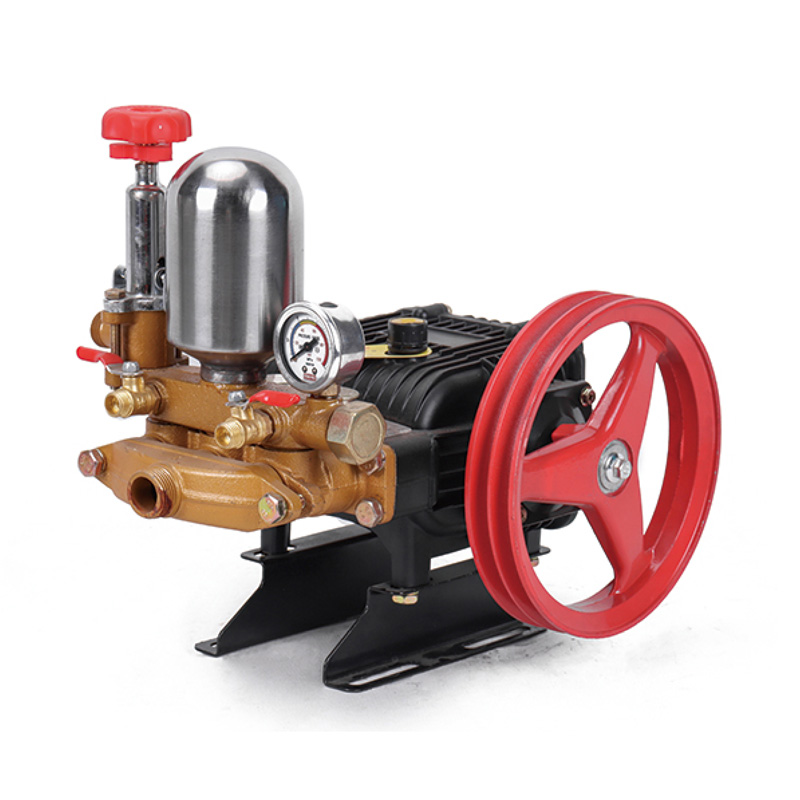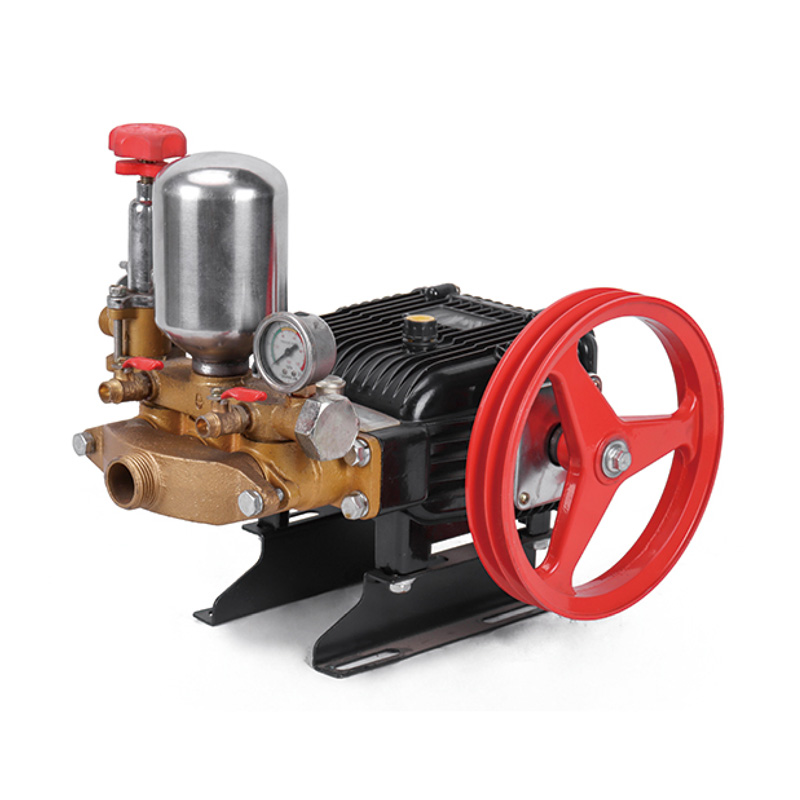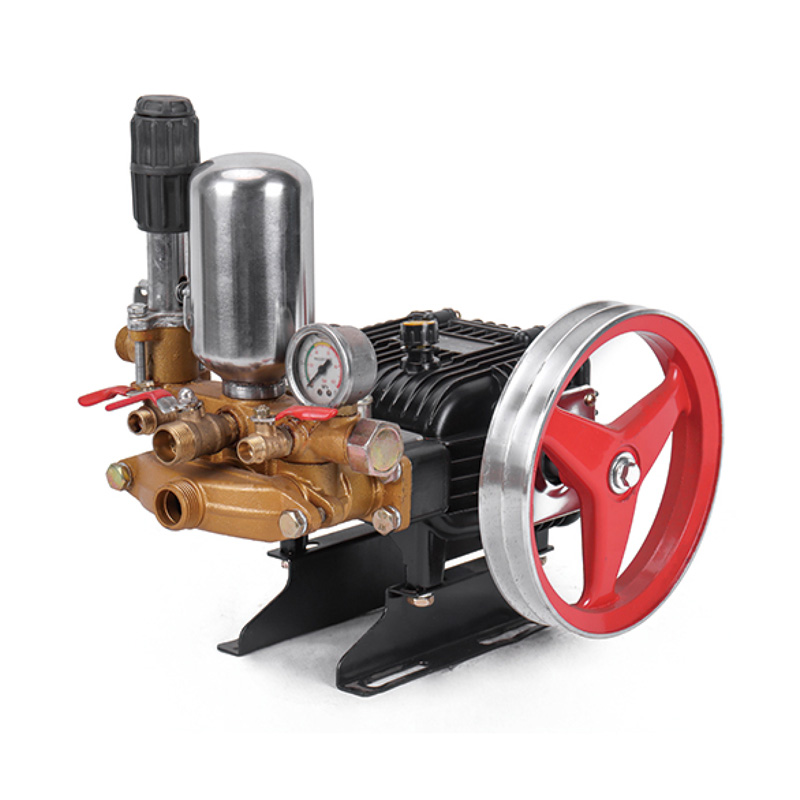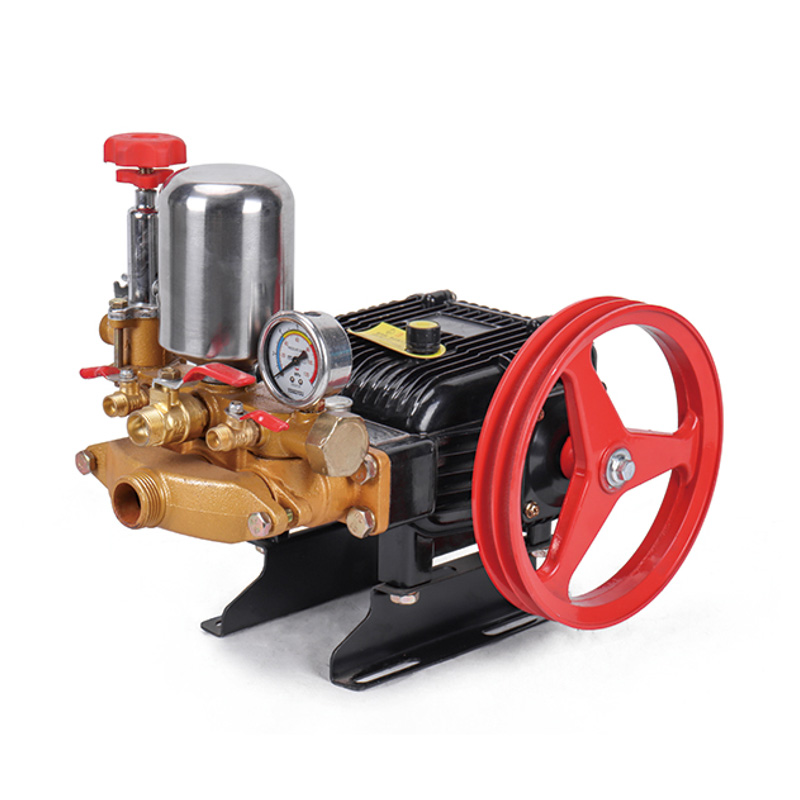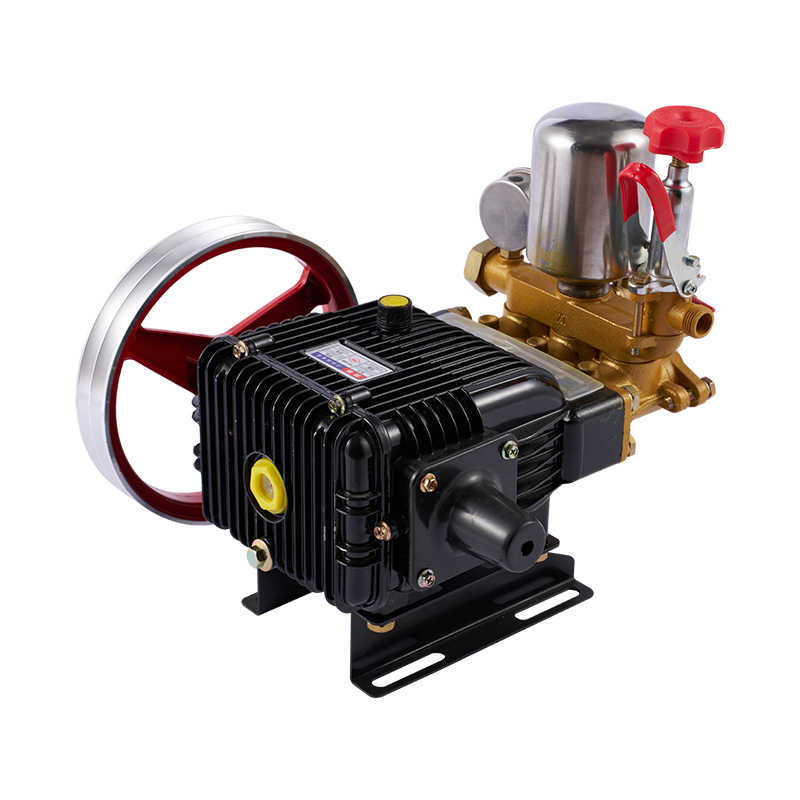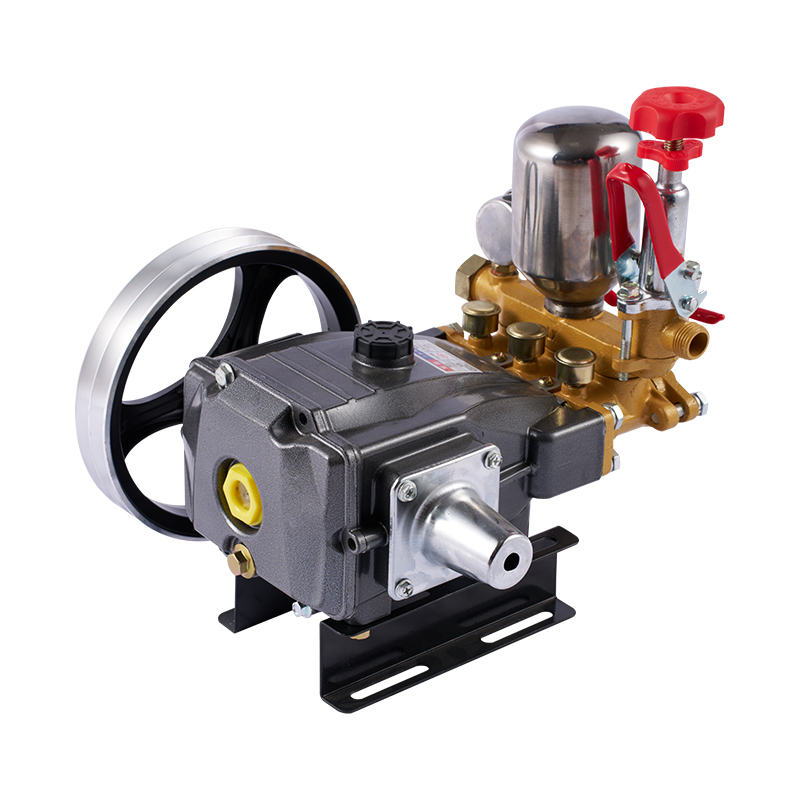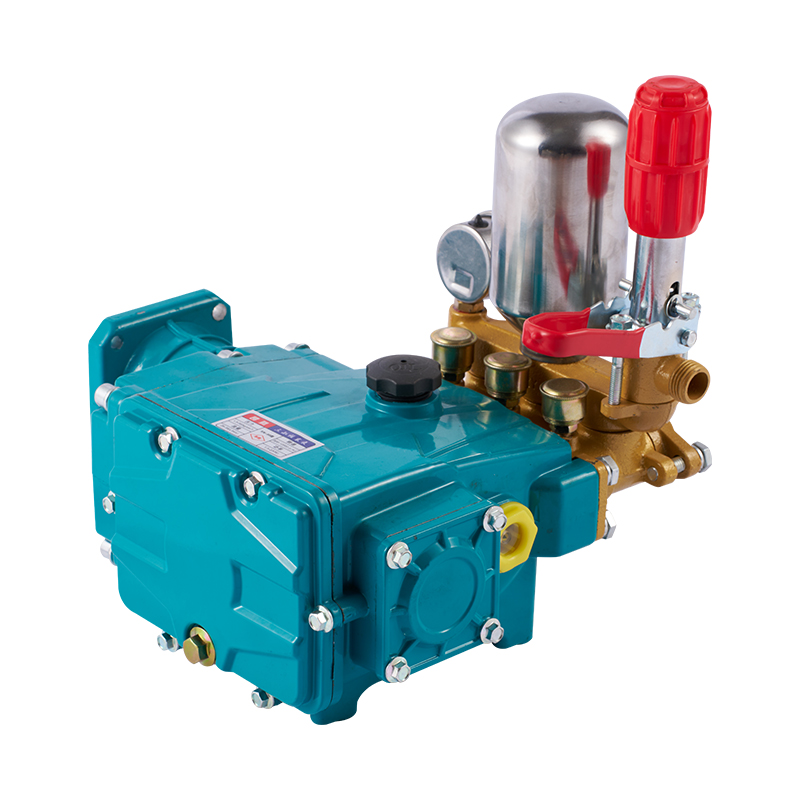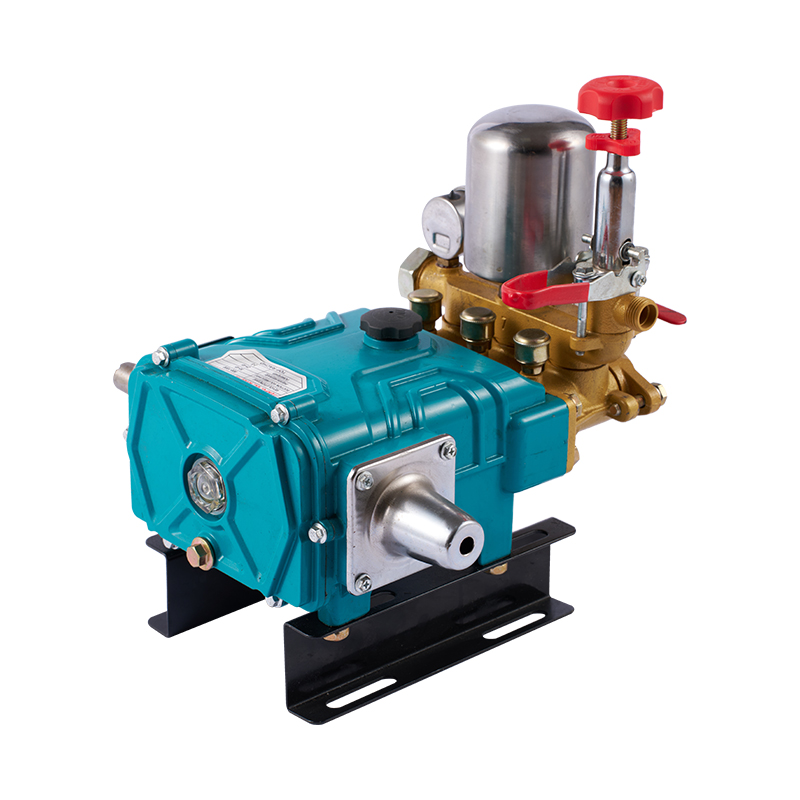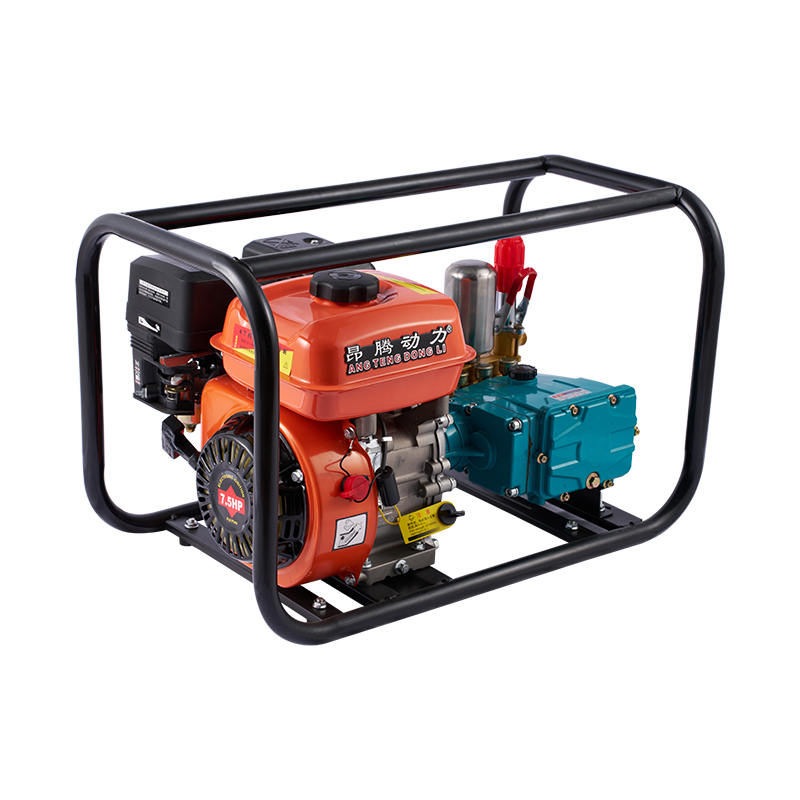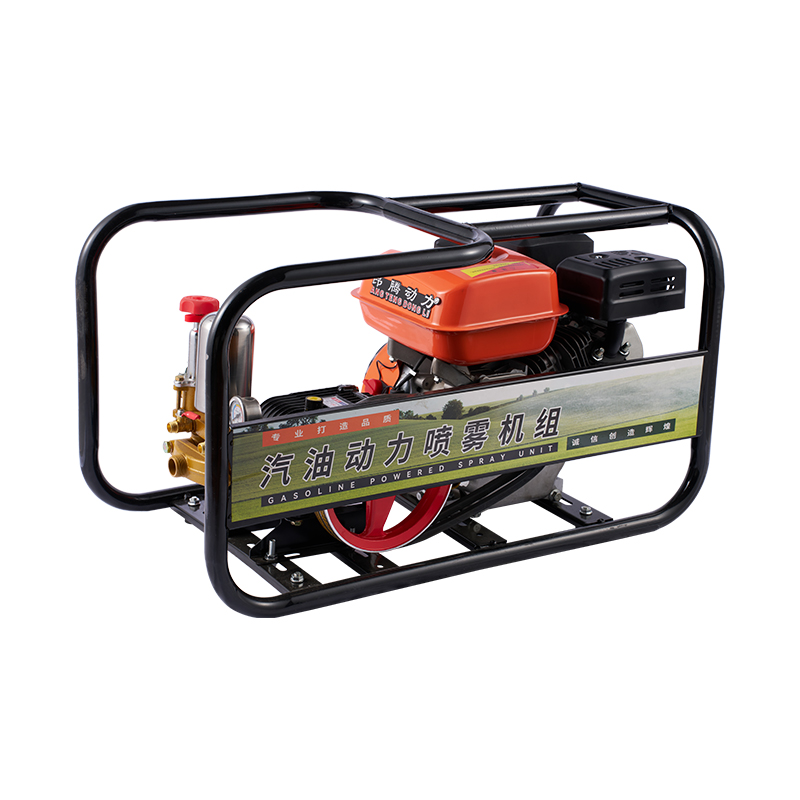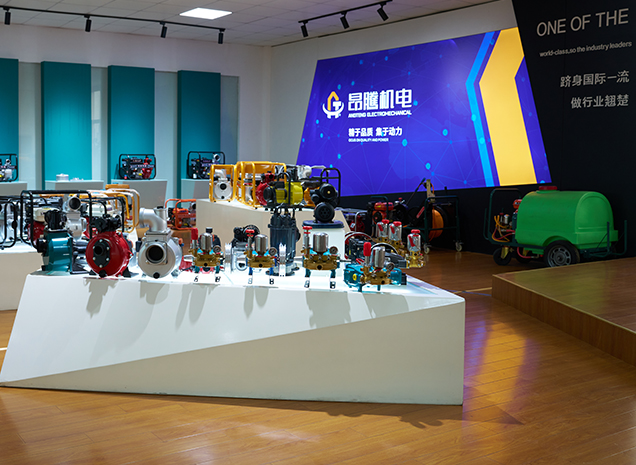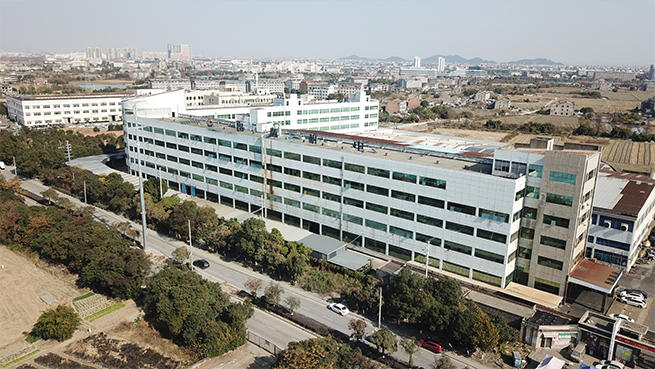How to Choose a Gasoline Sprayer?
Choosing a gasoline sprayer requires more than simply comparing prices or tank sizes. It’s about matching the right specifications to your application. Below are the main points to consider:
Determine the Intended Use
The step is to identify what you’ll be spraying and where. For agriculture and large plantations, select a sprayer with a high-capacity tank (20L or more) and strong pressure output to cover wide areas quickly.
For smaller gardens, orchards, or pest control, a compact and lightweight sprayer is preferable for easier handling and maneuverability.
Check Engine Power and Efficiency
Gasoline sprayers use small engines measured in horsepower (HP) or cubic centimeters (cc). More power means higher pressure and faster spraying.
Choose an engine that provides a balance between performance and fuel efficiency. A model with a reliable recoil starter and low fuel consumption reduces running costs and downtime.
Consider Pump Type and Pressure Output
The pump is the heart of the sprayer. Plunger pumps are ideal for high-pressure, heavy-duty applications, while diaphragm pumps work well for low-pressure or chemical spraying.
Verify the rated pressure (in bar or psi) to ensure it suits your needs—high-pressure pumps achieve finer misting and longer reach.
Evaluate Material Quality and Durability
A gasoline sprayer should be built from chemical-resistant materials such as stainless steel or reinforced polyethylene. These materials extend service life and prevent corrosion.
Ensure that hoses and seals are made of durable rubber or synthetic compounds to withstand constant use and exposure to chemicals.
Focus on User Comfort and Ergonomics
Since sprayers are often used for long periods, look for models with padded shoulder straps, anti-vibration mounts, and balanced weight distribution.
Adjustable nozzles, flexible hoses, and easy-to-access controls also improve the spraying experience.
Is a Gasoline Power Sprayer Unit More Effective?
Gasoline sprayers are often compared to electric and manual types. Their effectiveness depends on where and how they are used. Let’s break down their advantages and key considerations:
1. High Pressure and Strong Output
Gasoline power sprayers generate greater pressure compared to battery or manual sprayers.
The increased pressure ensures finer atomization of liquid, improving the coverage of pesticides, fertilizers, or detergents.
2. Mobility and Field Independence
A major advantage is that they do not rely on electricity. This makes them ideal for farms, orchards, and construction sites where power outlets are unavailable.
Their portability allows users to move freely, completing tasks faster and more efficiently.
3. Speed and Productivity
Gasoline engines drive the pump continuously, maintaining consistent pressure even during long operations.
This consistency allows workers to cover larger areas in less time, which directly increases productivity.
4. Versatility in Applications
Gasoline sprayers are used in agriculture, landscaping, sanitation, and even industrial cleaning.
Adjustable pressure regulators and multiple nozzle types make them suitable for both fine misting and heavy jet spraying.
Plunger Pump: Why Did It Stop Working?
A plunger pump is essential for generating high pressure in gasoline sprayers. When it stops working, diagnosing the cause helps prevent further damage. Here are the common reasons:
1. Air Leakage or Suction Problems
Air leaks in suction hoses, fittings, or gaskets cause the pump to lose suction, preventing pressure buildup.
Check all connections for cracks or loose fittings and replace any damaged components to restore suction integrity.
2. Worn or Damaged Valves and Seals
Continuous operation causes seals, O-rings, and check valves to wear out over time.
Worn valves fail to close properly, allowing pressure to escape. Regular inspection and replacement of these small parts can prevent major breakdowns.
3. Clogged Valves or Filters
Debris, dirt, or chemical residue can block the valves or suction filter.
Periodic cleaning of filters and valve assemblies ensures smooth water flow and maintains pressure.
4. Oil Contamination
When water or chemicals mix with pump oil, it reduces lubrication and causes internal corrosion.
Always check the oil’s color and clarity; milky or discolored oil indicates contamination and should be replaced immediately.
5. Overheating and Lack of Lubrication
Running the pump dry or without enough oil overheating and metal friction.
Maintain proper oil levels and use the recommended lubricant type to avoid internal wear.



 English
English русский
русский Français
Français Español
Español عربى
عربى